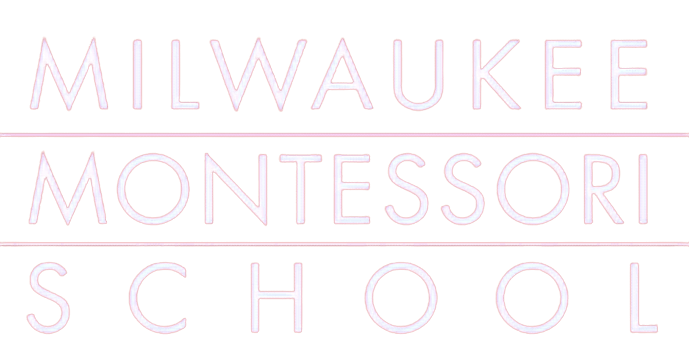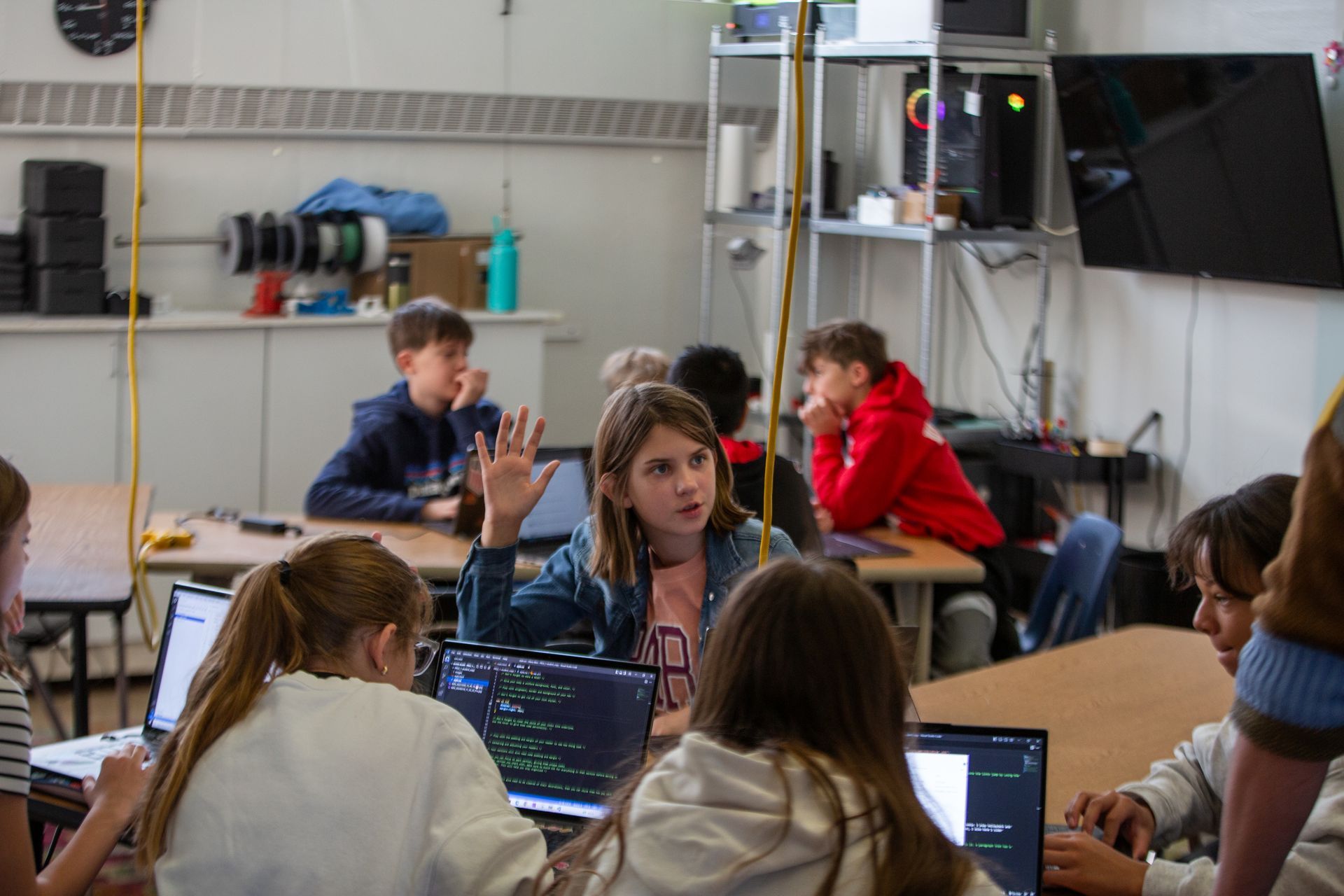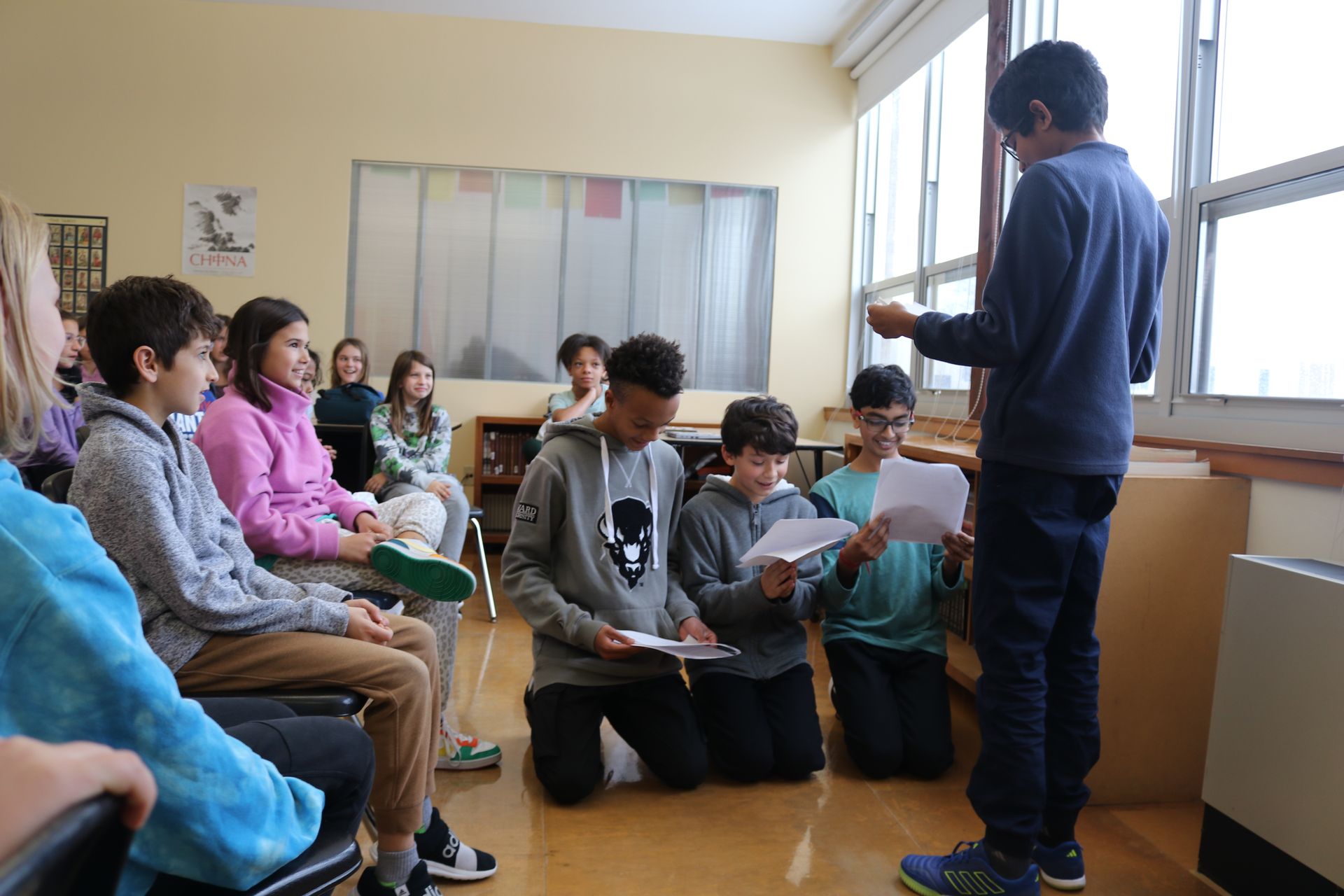Public or Private: Not all Montessori Schools are the Same!
New Paragraph

Public or Private: Not all Montessori Schools are the Same!
Based on the groundbreaking educational method designed by Maria Montessori, Montessori schools are respected throughout the world for delivering high-quality, well-rounded education that gives children a huge advantage for earning lifelong success. However, as Montessori schools have grown in number in the United States, it has become clear that they are not all the same.
One of the most important benefits of a Montessori school experience is that each child is understood as an individual learner who will naturally seek to excel when their strengths, weaknesses, and interests are understood and taken into account.

By design, Public schools are focused on educating the largest number of children to a minimum standard, and they use their teachers, curricula, resources, and standardized tests to accomplish that goal. The standards for public schools, even public Montessori schools, often far underestimate the abilities children actually have to learn, and because test results determine the allocation of school funding, Public schools must “teach to the test.”
To further simplify curricula and the movement of students between grades, public school systems often divide children into “tracks” when they are still quite young, such as “remedial,” “average,” or “college-bound,” and there is often very little mobility once children have been placed in these tracks. Sadly, this process is not free of bias for factors such as socio-economic background, nationality, race, or disability, which entrenches children in limiting pathways that may have little to do with their nascent intellectual capabilities.

In fact, Maria Montessori designed her method for children who had been underprivileged to give them access to the skills and knowledge that the more privileged children already had because she believed that all children could learn and excel if approached individually and with systematic materials and lessons.
Whereas Public schools are given a state mandate to educate the most children to a minimum standard, Independent Montessori schools, such as Milwaukee Montessori School, are governed by an independent board of trustees who implement the school’s own mission, not a public school board, and are supported by tuition payments, charitable contributions, and endowment revenue, which allows them to implement their own curricula to achieve their mission.
At
Milwaukee Montessori School teachers continue to have the freedom to create individualized educational experiences to meet each child’s needs without the burden of state mandates for curriculum, textbooks, and standardized tests, and they continue to hold the highest expectations for each child without artificial or biased limitations.










